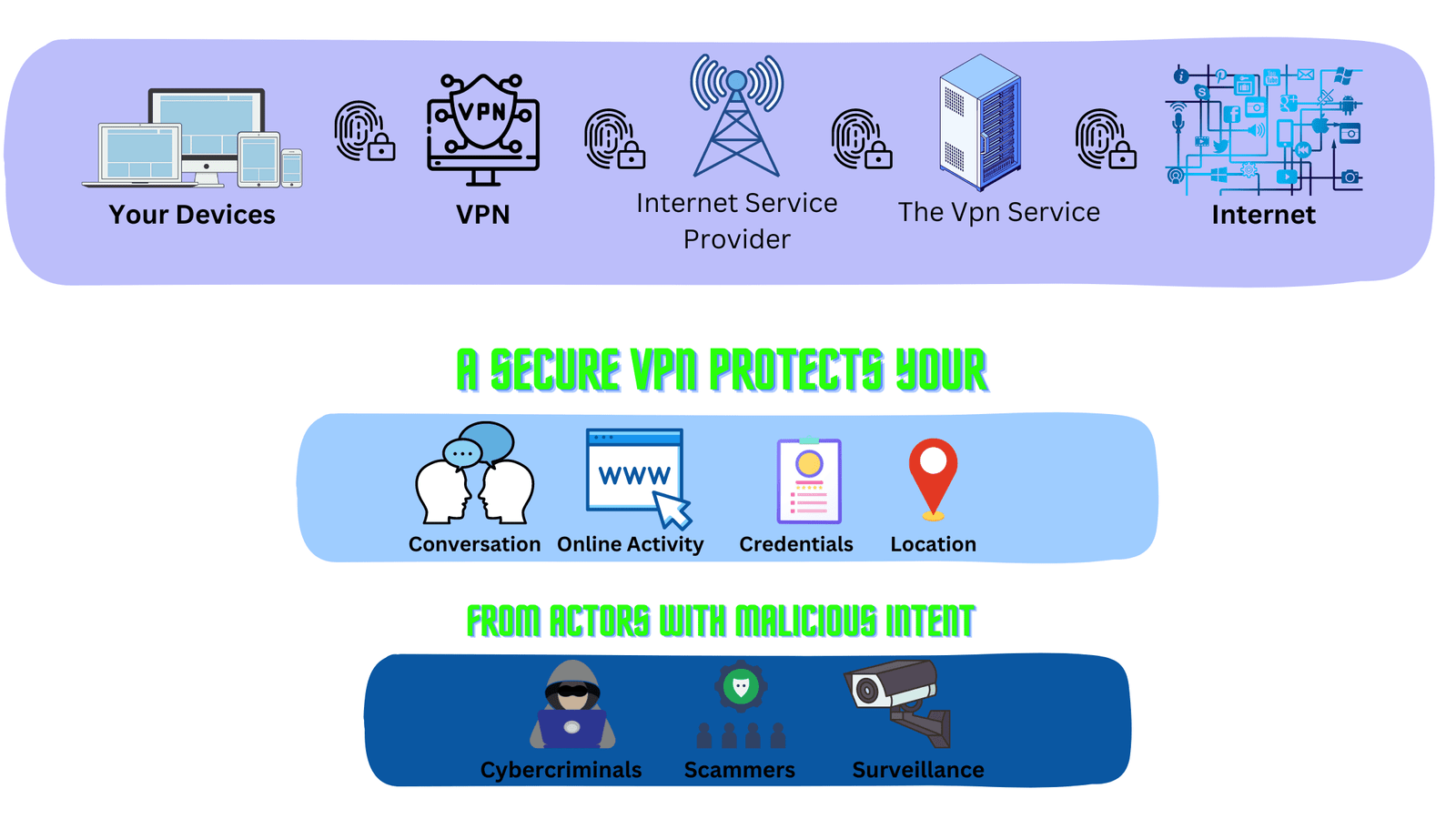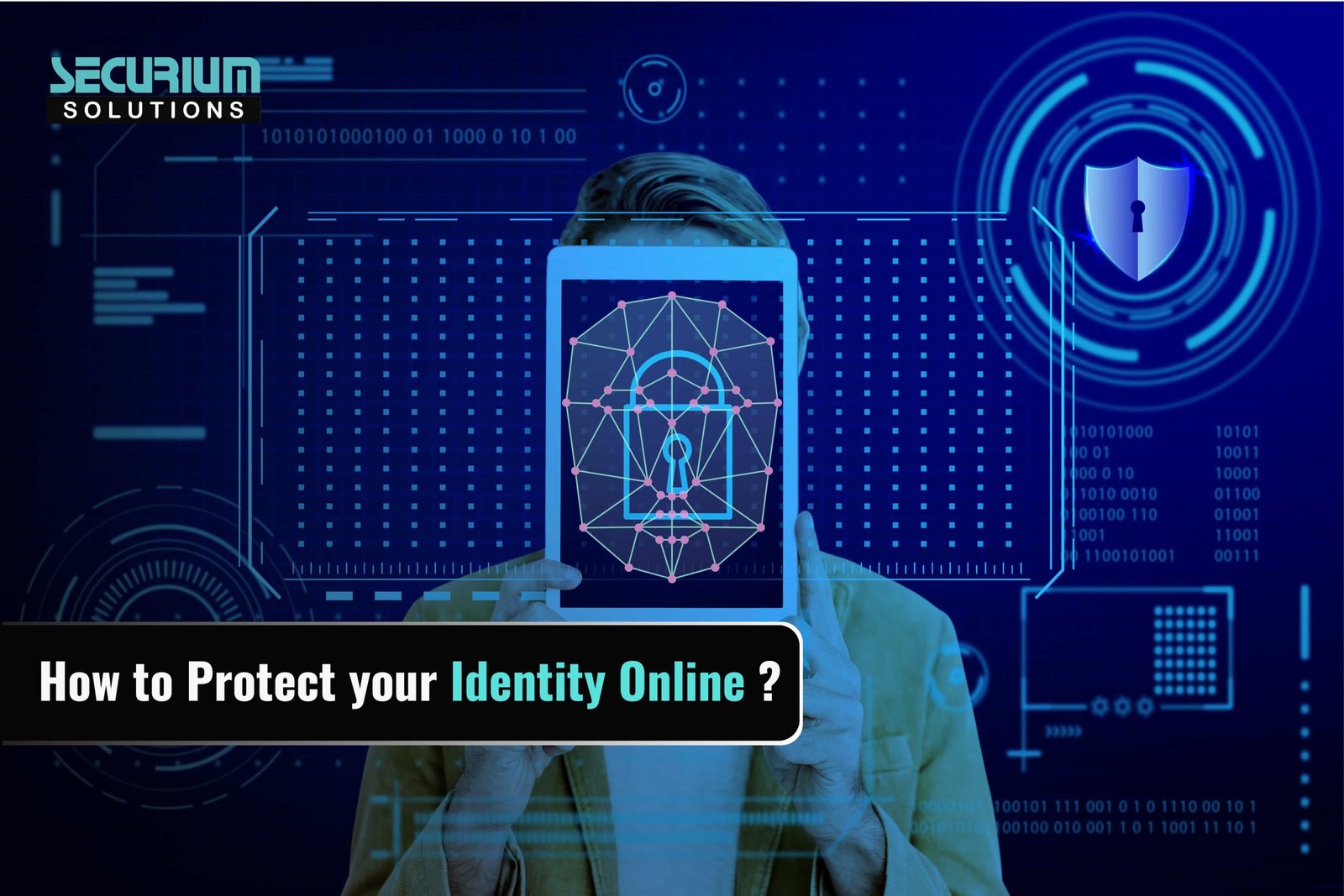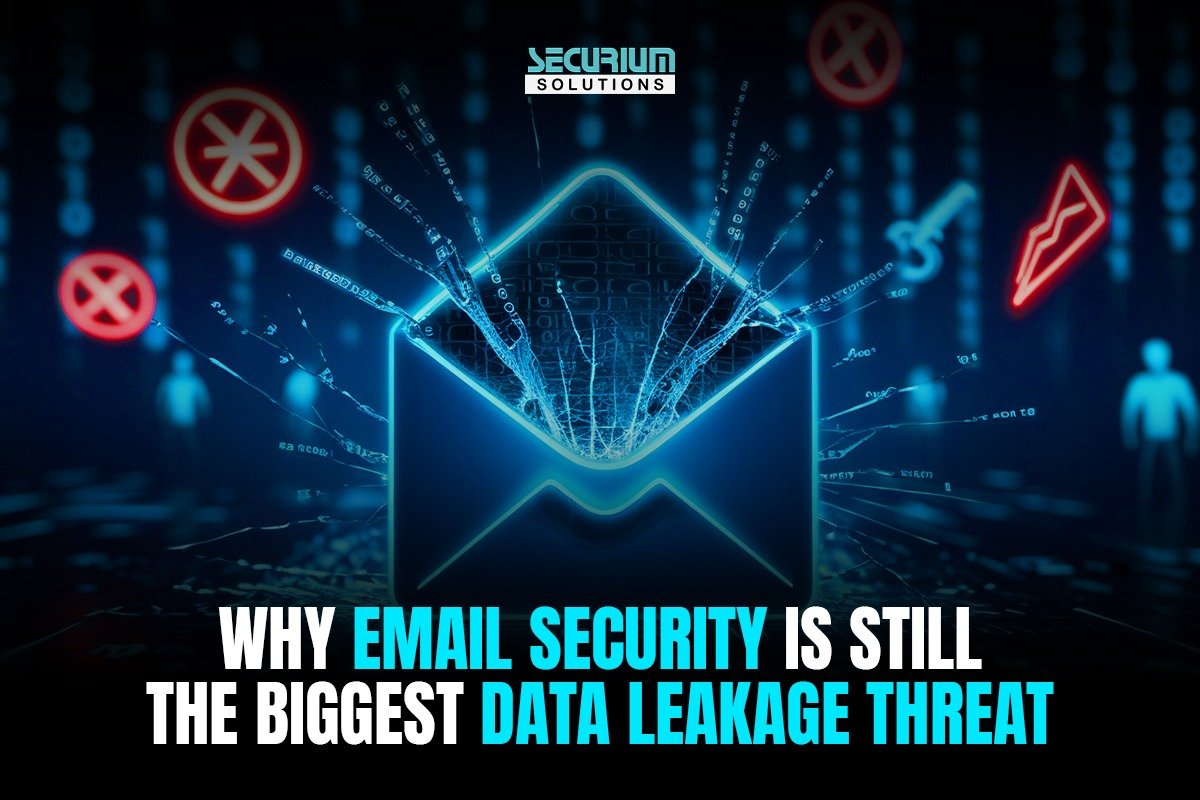April 19, 2023 / By securium Solutions
In the current digital era, maintaining your Personal Cyber Security is more crucial than ever. You must take action to safeguard your online identity since hackers are continuously searching for critical data. These five actions can help you safeguard your identity by Personal Cyber Security
- Use strong Passwords
A strong password is the first line of defense against cyber criminals. Avoid using easily guessable passwords such as “password123” or your birthdate. Instead, use a combination of upper and lowercase letters, numbers, and symbols to create a complex password that is difficult to crack. Additionally, you should use a different password for every online account you have to ensure that a breach in one account doesn’t compromise all of your accounts.
- l Secure Password Examples
Passphrases are based on a combination of multiple real words. Uncommon words with character-swapping and random characters mixed in have been used in the past, like “Tr1Ck” for “trick” or “84sk37b4LL” for “basketball”. Algorithm hacks know this method now, so better passphrases are usually a mix of common unrelated words in a nonsensical order. Sometimes, there may be a sentence that has been chopped and swapped with a pattern only the user knows.
A passphrase example might be, “coW!burN#movE?pianOh” (using the words cow, burn, move, and piano.)
2.Enable two-factor authentication
Two-factor authentication adds an extra layer of security to your online accounts by requiring you to provide two forms of identification to log in. This typically involves entering your password and then providing a verification code that is sent to your phone or email. By enabling two-factor authentication, you make it much harder for hackers to access your accounts even if they have your password.
3.Keep your software up to date
Hackers frequently take advantage of flaws in out-of-date software to access your computer or steal your data. It’s crucial to keep your software updated if you want to avoid this.
Install updates for your operating system, web browser, and any other software you use often on a regular basis.
4.Be careful with emails and attachments
Cyber attacks like phishing, in which attackers try to deceive you into disclosing your personal information, frequently use email as a vector.
Be wary of emails and attachments from unidentified senders to prevent falling for phishing scams.
If you’re not certain that links or attachments are real, avoid clicking on them.
Be cautious of emails that request sensitive information from you, such as passwords or social security numbers.
5.Use a VPN
By encrypting your internet traffic and disguising your IP address, a virtual private network (VPN) makes it much more difficult for hackers to monitor your online behaviour.
While using public Wi-Fi networks, which are frequently unsafe and might expose you to online risks, VPNs are very helpful.
You can be sure that your internet activity is kept secret and safe by using a VPN.

Summary
In conclusion, protecting your Personal Cyber Security is essential in today’s digital age. By following these five steps, you can safeguard your online identity and reduce your risk of falling victim to cyber attacks. Remember, it’s always better to be safe than sorry when it comes to cyber security.
Author
Abdul Mannan
Cyber Security Intern




